On September 21, former President of Chile and current United Nations High Commissioner for Human Rights Michelle Bachelet delivered opening remarks at the latest installment in the Leadership Dialogue Series, a series of virtual roundtables organized by the Center for Universal Education at Brookings and the World Bank, along with Senator Esteban Bullrich of Argentina and global education expert Vikas Pota. The series brings together former heads of state, current senior political leaders, and a select group of influential people in the education field to discuss the challenges governments face in prioritizing education and develop strategies to protect education financing during COVID-19. The series focuses on the importance of securing education budgets, and a theme that emerged from the discussion is that investing in education is not just the right thing to do, it is the smart thing to do.
High Commissioner Bachelet’s time as president of Chile (2006–10 and 2014–18) was historic—not only was she the first woman elected to the office, she also accomplished major education reforms. Her belief in the transformative power of education was evident throughout her remarks, which she began by asserting that “Education of quality—adequately financed and accessible by all—is key to sustainable development and the realization of all human rights.” She made clear that the unprecedented disruption to education systems worldwide by the COVID-19 pandemic has exacerbated existing inequalities in access to digital tools, set back gains in school enrollment, heightened the risk of child rights’ violations, and could potentially erase progress in gender parity.
Given the sobering picture of how COVID-19 has already impacted education, the High Commissioner highlighted that “It makes every kind of economic and strategic sense for countries to invest in quality education” as a crucial part of recovery. She ended her remarks by encouraging vigilance against nationalism, noting how “deeply entrenched inequalities and human rights gaps fuel[ed] this virus, magnified contagion and vastly accelerat[ed] the threat,” and the response from the international community should be coordinated—with education at the forefront. As she aptly stated in summation, “Poverty harms the poor, but it also harms the rich.”
Watch the high commissioner’s opening remarks delivered during the Leadership Dialogue Series virtual roundtable below.
The Brookings Institution is committed to quality, independence, and impact.
We are supported by a diverse array of funders. In line with our values and policies, each Brookings publication represents the sole views of its author(s).
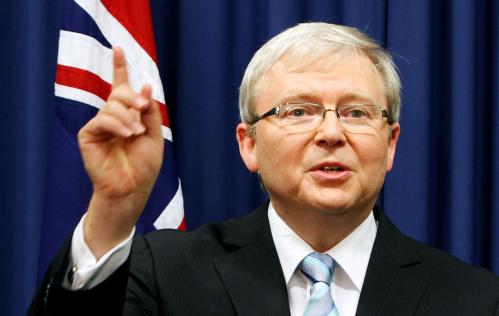
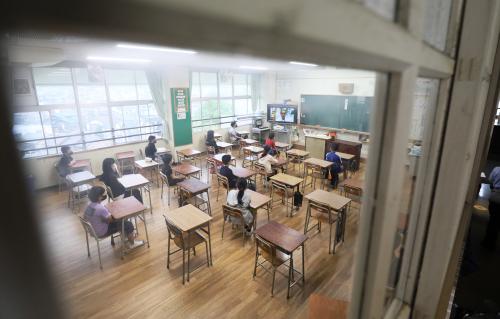
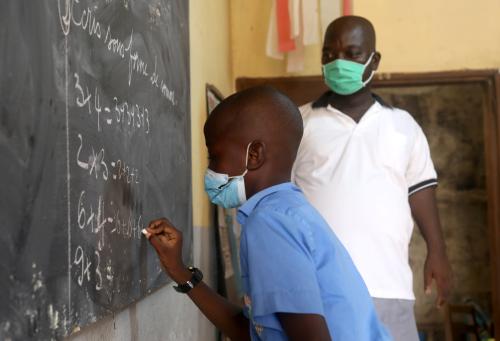
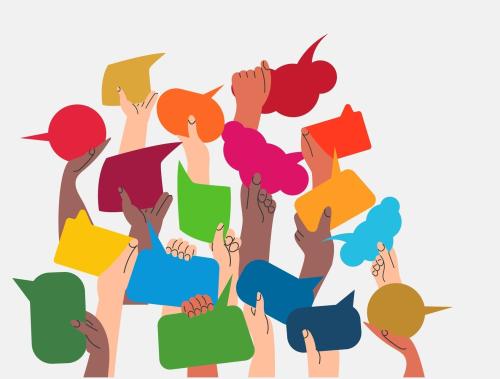
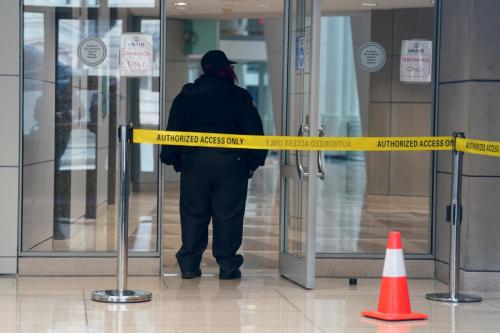
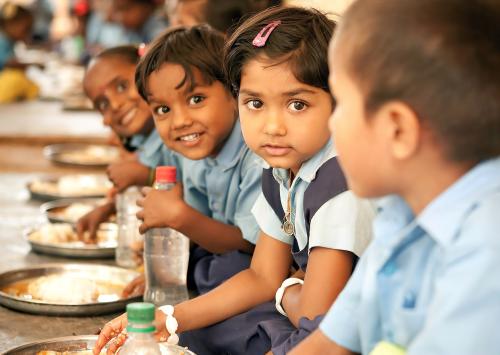
Commentary
A conversation with Michelle Bachelet, former president of Chile and United Nations high commissioner for human rights
October 2, 2020